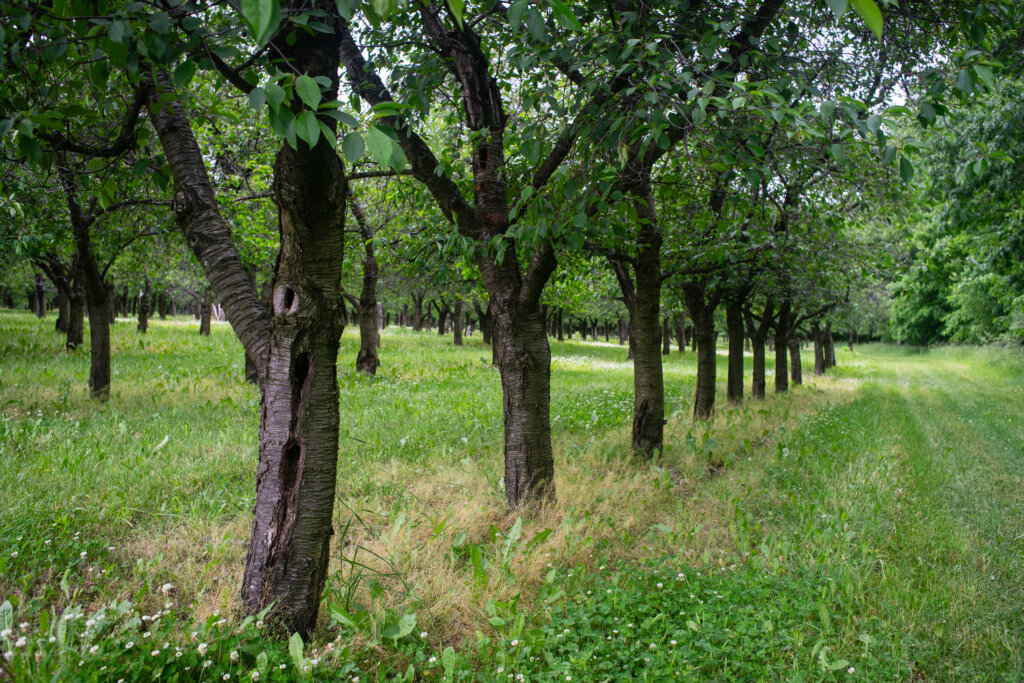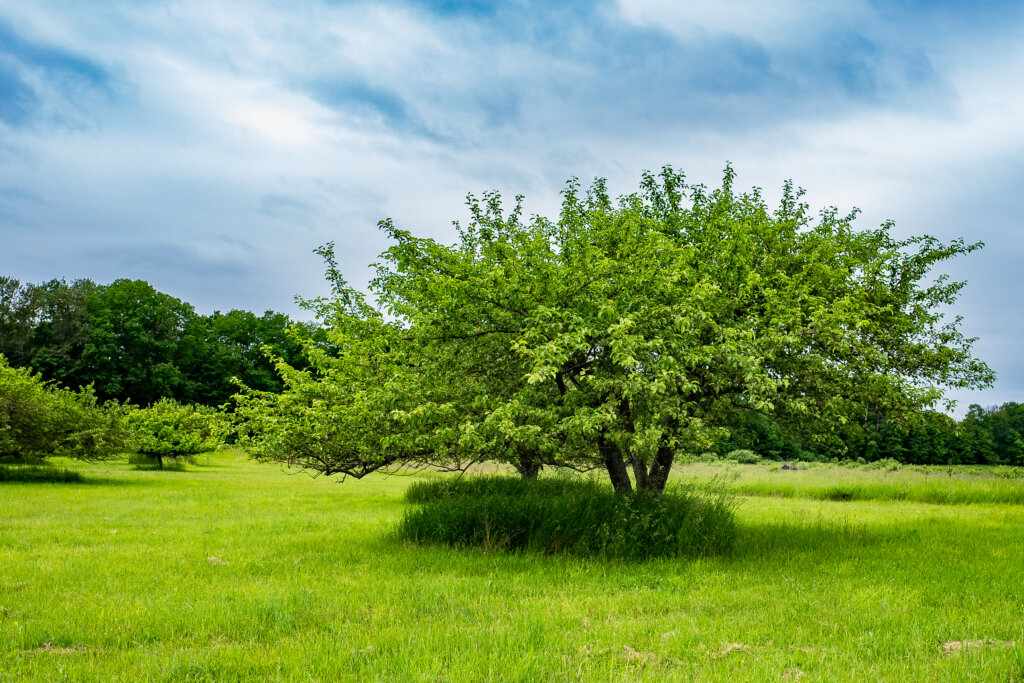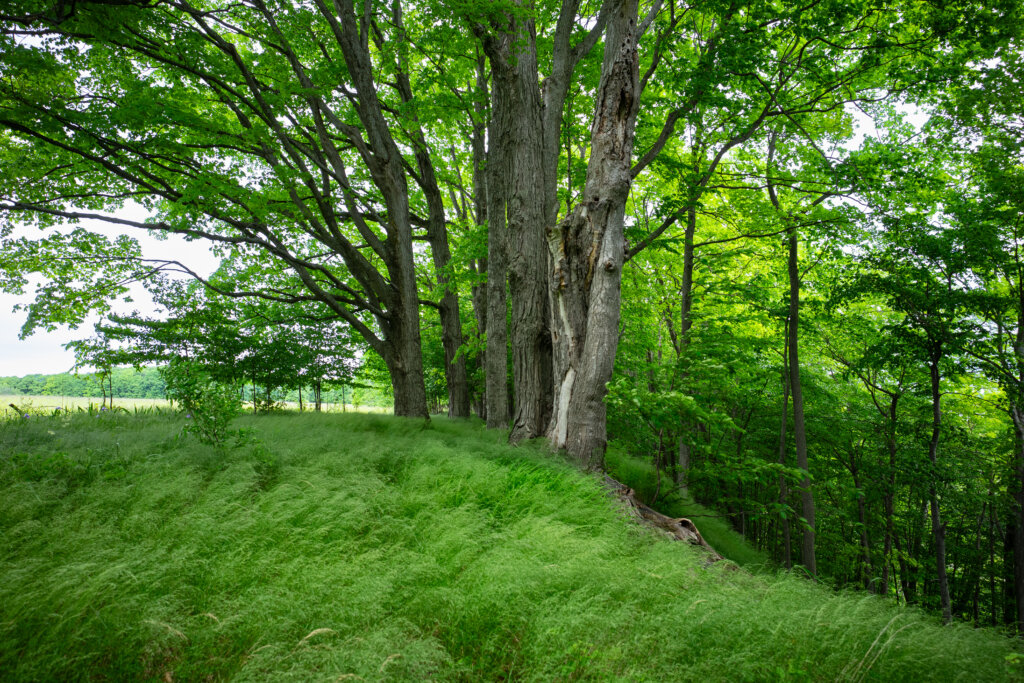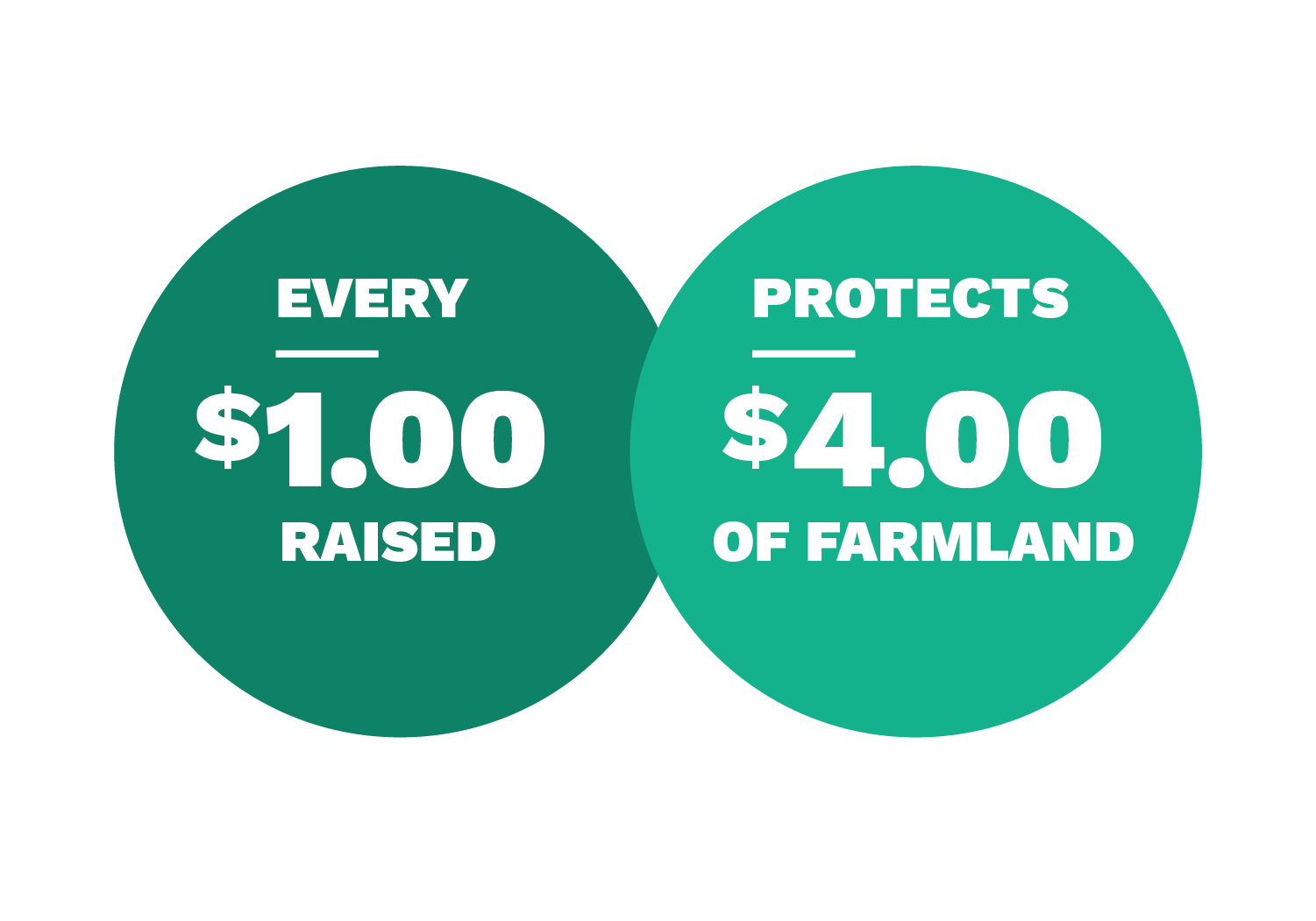Omena Heights is a picturesque area nestled within Leelanau County, renowned for its natural beauty and panoramic vistas overlooking Grand Traverse Bay. The Smith Orchards are part of the idyllic setting in this close-knit community.
Photos by Mark Smith
We are pleased to announce that the Omena Heights Smith Orchards have been permanently protected in partnership with the Natural Resources Conservation Service (NRCS) through their Regional Conservation Partnership Program (RCPP).
Omena Heights Smith Orchards LLC is owned by the five Smith siblings, Debby Disch, Thomas “Rink” Smith, Josephine Robertson, Stewart Smith, Marian Electa Powell, and Debby’s spouse, Les.

“I don’t ever remember eating a Russet apple, but apparently, they weren’t beautiful. They began to lose popularity, which, along with the Depression, caused a decline in my grandfather’s business. By the 1940s, my grandfather was replacing apples with tart cherry trees, although apples remained part of the orchard’s production. I have talked to women in the area who worked here packing apples in the barn that we still call the packing house,” says Debby.
Economic challenges and changing agricultural landscapes prompted the family
to adapt. “They gradually sold off orchards but kept this one,” Debby gestures to
the nearby cherry orchard. The family farm has evolved with time. “My great-grandfather and grandfather bought the property in the 1920s, adding to their Chicago-based Thomas S. Smith and Sons business. They were primarily apple growers, mainly Russet apples, although they also planted MacIntosh and other varieties here,” Rink recalls.

Smith Orchard apples have a place in the area’s growing cider industry, as well. In its first year in business in 2009, Tandem Ciders took the orchard’s crop of mostly MacIntosh apples, along with some Northern Spy and Greenings, and created Smackintosh Cider. To this day, it is one of their most popular ciders. Its production has far outgrown what Smith Orchards can provide, but the mix remains the same, with apples from multiple growers.
The now protected historic orchard is 134 acres and borders the protected Omena Woods Association, another privately held conservation easement.

“Working to protect the top of the Omena Peninsula with Debby, Les, Josie, Electa, Stewart, and Rink was my honor. The long family history on the land, key conservation elements critical for farming and for habitat protection, its adjacency to already protected lands, and more, made this a long-time conservation goal for the Conservancy. It’s easy to imagine what could have happened had this land been highly parceled out as was planned long ago. It is a celebration to know it will be protected into perpetuity,” says Farm Protection Director Kim Hayes. “From the very beginning of our focused efforts to protect family farms in the early 2000s, preserving the Smith Family Omena Heights Orchard was a high priority. We are simply thrilled to see it come to fruition,” adds Executive Director and past Conservancy Farm Protection Director, Tom Nelson.

The world of farming is changing. Modern American farmers deal with climate change, escalating production costs, and stringent regulations. Leelanau farmers face relentless pressure to sell. Contending with fluctuating market prices and global competition, the consolidation of agricultural industries and the aging farmer population add complexity to their struggles.
Despite these obstacles, they persevere. Today, as the orchards face new challenges, the family remains committed to preserving their legacy. “We’re looking at options where we can utilize more sustainable practices, and adapt to the many changes in agriculture today,” Debby notes. With a CE, the family ensures that the land remains the same for future generations. “Every season brings new challenges and triumphs. Protecting the farm has been on my mind for well over a decade. There’s a lot of history and heritage in this land. And this place, my siblings and
I thought, is just too special.”




